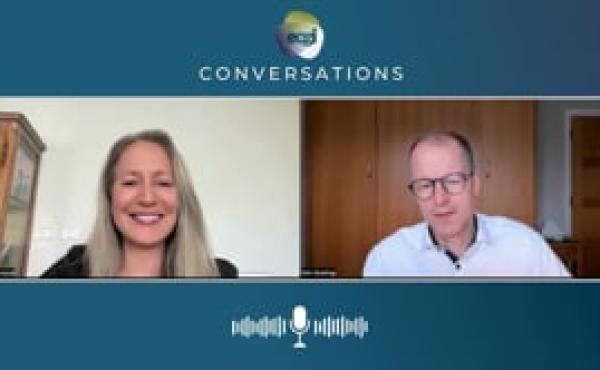Nevada v. Delaware: The New Market for Corporate Law
Abstract
For decades and decades, Delaware has been the undisputed leader in the market for corporate law. And yet, it is now clear that Delaware’s superiority is being publicly challenged. Elon Musk has vocally criticized Delaware courts, incorporated X (formerly Twitter), X.Ai, and Neuralink in Nevada, and intends to move Tesla to Texas. TripAdvisor’s shareholders claim that its controlling shareholder’s attempt to reincorporate from Delaware to Nevada amounts to a breach of fiduciary duties. And the increasing competition that Delaware faces from Nevada, Texas, and other states has captured news headlines.
This Article analyzes Nevada’s corporate law, the competitive pressures it poses to Delaware, and the potential effects this pressure could have on Delaware corporate law. The Article makes three main contributions. First, it provides a detailed analysis of Nevada corporate law, finding that it poses insurmountable obstacles to shareholder litigation that diminish important pillars of Delaware corporate law.
Second, the Article explores the judicial scrutiny of reincorporations and draws implications for future litigation concerning moves from Delaware to Nevada, Texas, and other states. The analysis supports the recent decision in the Delaware Court of Chancery, suggesting that reincorporation to Nevada constitutes a self-dealing transaction. It also explains why Elon Musk has redirected Tesla’s destination from Nevada to Texas.
Third, the article analyzes the effects of this increasingly competitive environment on both Delaware corporate law and the general market for corporate law. It argues that this competition could pressure Delaware to relax its corporate law. Lastly, the Article argues that the proposition currently being considered by the Delaware Supreme Court in Match to relax constraints on controlling shareholders could counterintuitively contribute to a snowballing effect toward the bottom of American corporate law. The analysis exposes a rising fragility in the market for corporate law with potential ramifications for American corporate law.











